|
Earth Week - As a change manager I am interested in many different forms of change. One particular one is nature, our planet earth. It is inspiring to observe what happens and discover similarities to the changes we intend to create in our work and life. Our planet has evolved over millions of years and created spectacular lifeforms. Humans evolved over thousands of years to reach its current sophistication. And we did experience a tremendous change over the last 100 years of how mankind has impacted the natural cycles. These are the big changes we can observe, discover and be inspired by. And on the other side, we can experience how nature changes around us every single day. The video below shows this cycle with the colours we can experience from dawn to dust. This is a great reminder how we are embedded in constant change; embedded in nature and embedded in the people network we are living and working. And these daily, small changes then also lead eventually to the larger changes we desire to achieve. Keep the big vision and start with small steps that lead us in the right direction. Wish you an enjoyable day on planet Earth.
0 Comments
Yesterday we had a day off; and as so often I was heading into the forest. And every time I am amazed on the impact the dense green has on my mind and body. After an hour surrounded by trees, birds and monkeys, my body and my mind feels refreshed and energised.
This week, I came across this article - The fight for quiet in a world full of noise pollution - introducing a group of people on a quest to raise the awareness of noise pollution and certifying quiet parks. When is the last time you have been in a place that is void of human noise? The group is mentioning a series of positive impacts when enjoying time in quiet places: mental power, overall health, creativity, stress relief - to name a few. It is weekend - let's go out and listen to the sound of nature! Photo credit: Shawn Parkin, Wired UK When is the last time that you have been frustrated that you have not reached your objectives? This might be a personal fitness objective, an ambitious result for your sport or a project deliverable at work. In my practice, I observe that most people are setting goals that seem to be unachievable. Which can lead to frustration and in the best case, lack of celebration. Is this in itself a bad thing?
Setting high ambitions are a great thing. They can induce passion and purpose we want to strive for. This collective dream brings the members of a team together, they create alignment and meaning. There is no doubt, ambitions and objectives are essential. And this collective dream makes us start the journey. Though, they are not good to sustain our motivation. A true, deep motivation requires that we are disconnecting enjoyment from the actual achievement of the goal. This means, we appreciate the journey that leads towards our ambition. As a swimmer, I have the ambition to reach a certain result in an open water competition. Though, I enjoy the preparation and training that leads to achieving this result; this keeps me motivated. Similarly at work, while we set a specific goal to bring our operations to excellence, we appreciate what we are learning along the way. The goal is almost an excuse to create a journey of excellence. In order to build this motivation, I suggest to keep reminding yourself about the feeling that is created by the activities (and micro-achievements) that lead towards your big picture goal. Make the journey worthwhile and valuable in itself. Then you might never lose momentum to reach your collective dream! Already 15 years back, we heard that the number 1 reason for being stressed are distractions. That's when we sticked red post-it notes on the screen to indicate: "Don't distract me". We are also often heard that when we are distracted from a piece of work, it might take 23 minutes to be back in our 'flow'. Why is this important to keep our distractions at bay? They create stress, kill our productivity, limit our creativity, influence the way we concentrate on conversations, losing focus on what is important... The list might go on and on.
In a recent interview, Andy Puddicombe mentions we are spending 50% of our time distracted. This is a lot of time! And instead of trying to blame externalities for these distractions, he suggests to look inward. Recognising and labelling these distractions is a great start to reduce them. And as we are training our muscles and our stamina with sports, we can train our mind with regular exercises. After almost 100 hours of meditation, I see results. This routine is part of keeping my body, mind, heart and soul fit and strong. As a result of being mindful, you will look at distractions in a different way; allowing yourself on focusing on small steps. Not getting lost in too many parallel activities and thoughts about things that are not relevant today. This might happen in the context of a conversation with a peer or in the context of a large scale project. Creating a space to reflect and focus on what is creating value. Source: Headspace Co-Founder Andy Puddicombe Says We Spend Half Our Lives Distracted. Here's His Simple Solution. Challenging times are dragging us down. We see that among our friends at work, and we observe that about ourselves. We feel frustrated, overwhelmed, angry and this feeling lingers and gets stronger. Why is that? This downward spiral is often related to negative self-talk. But, how can we prevent this?
Andy Puddicombe says that you have a choice. Either you choose to succumb to your challenging emotions and make them worse with your own thoughts. Or, you can choose to observe them, to live with the challenges around you and let them go. What does that mean in your daily life? The idea is to start to feel in balance and get at ease with the many challenges and opportunities in life. Focus on what is real and the things you can influence now. And, accept the things you can't. Then, you can slowly view the positive impact of the challenges and try to turn them into opportunities. Judgement of others and of yourself will peel away and you have the brainspace to focus on the actions to succeed. As a leader, you can be patience with your team members, recognise when they (and yourself) have a bad day - that's part of life. In addition, define (collectively) meaningful goals that provide the big picture; this allows to turn current challenges into a stepping stones for a successful future. Don't fret when your team members do mistakes; they are part of the learning journey. The same way as they were on yours. And what is in it for the company? Happy employees are 12% more productive than unhappy ones. And this also stimulates creativity as well - so important for innovation. Illustration: Headspace We at Hive17 Consulting are devoted to creating an environment for people to work with passion, engagement and fun via positive leadership and intrinsic motivation. We believe that it takes more than perfect processes, systems, organizational charts and value statements to make your company successful. Our people need to understand, shape and believe in the change journey. And for us, it is clear that this foundation will unleash people’s full potential.
"Instead of forcing change, create an environment where change can happen"
Andy Puddicombe How can you stay positive every day? For me it is about getting energy from within:
* know and live your values * be mindful * stay fit. Starting a sunny Friday after an early morning gym session... How do you stay positive? Yesterday I had lunch with a friend and we shared our recent stories, pondered about being great leaders, argued about how to coach people.
And in the middle of the conversation we agreed what it means to be successful (not that this is the holy grail): Be Yourself Every Day! Sounds simple and it is so difficult. Who I am? What are my values? What distracts me to follow my values? How do I feel today? Oh, I will try tomorrow... Give it a try now: for the next hour, be yourself... How does it feel? A quick "Friday Share" on what is the essence of productivity:
1. intent - know what are your objectives 2. focus - remove the distractions 3. sustainable effort - keep a level of effort that you can keep for a while Shared by Andy Puddicombe |
Subscribe
Receive our monthly themed summaries of our thoughts: click! TimTim is a change practitioner in the area of innovation and excellence. He is working with teams to accelerate innovation, collaboration and agility. Categories
All
Archives
July 2024
|

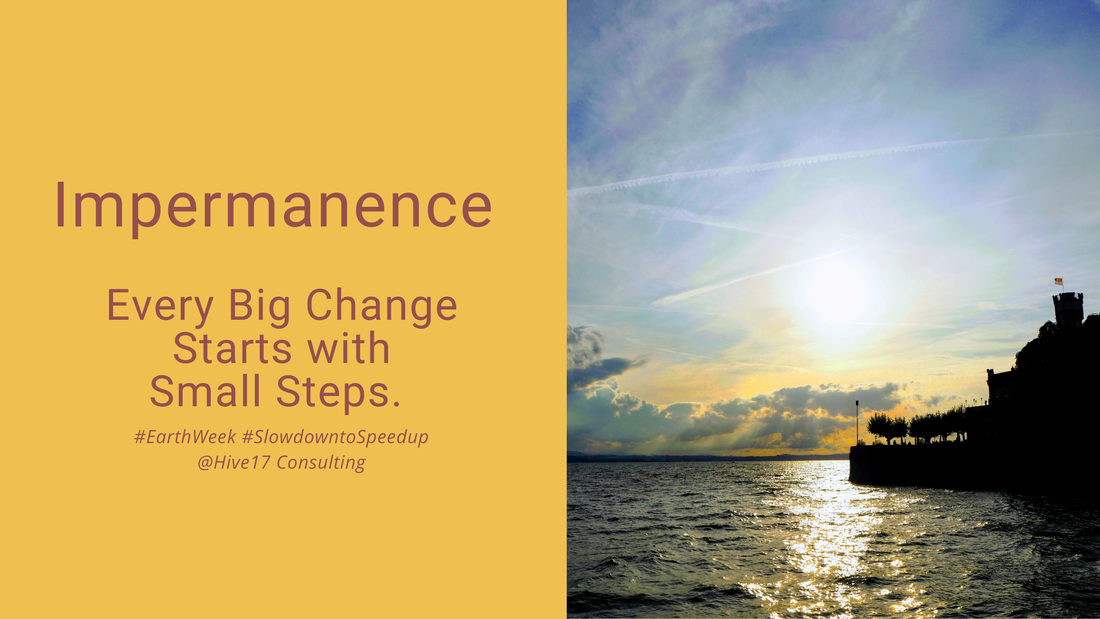
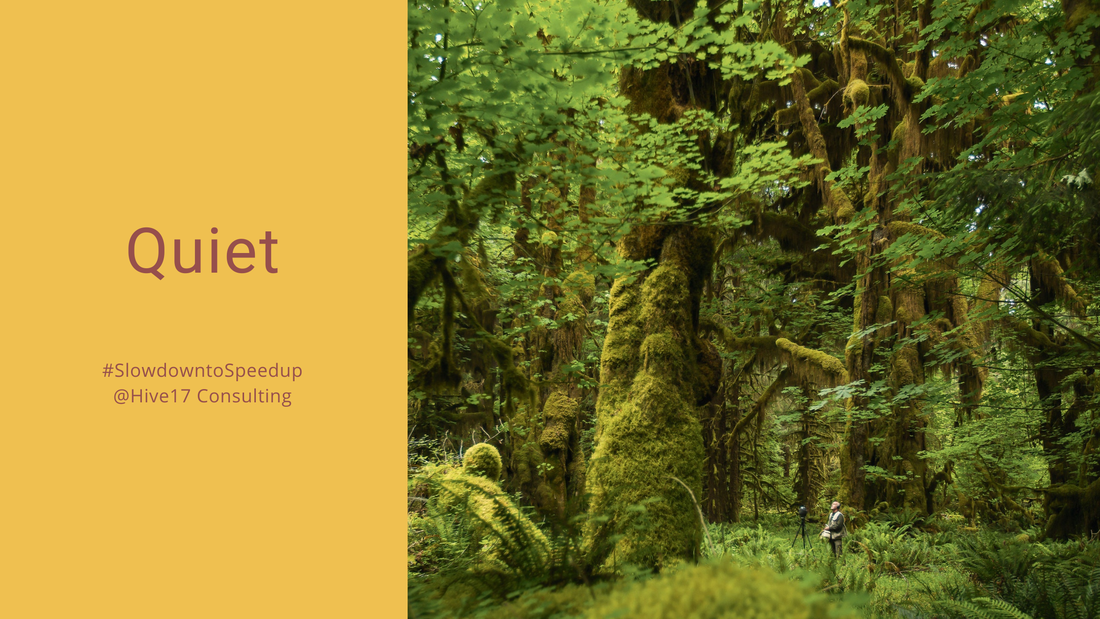
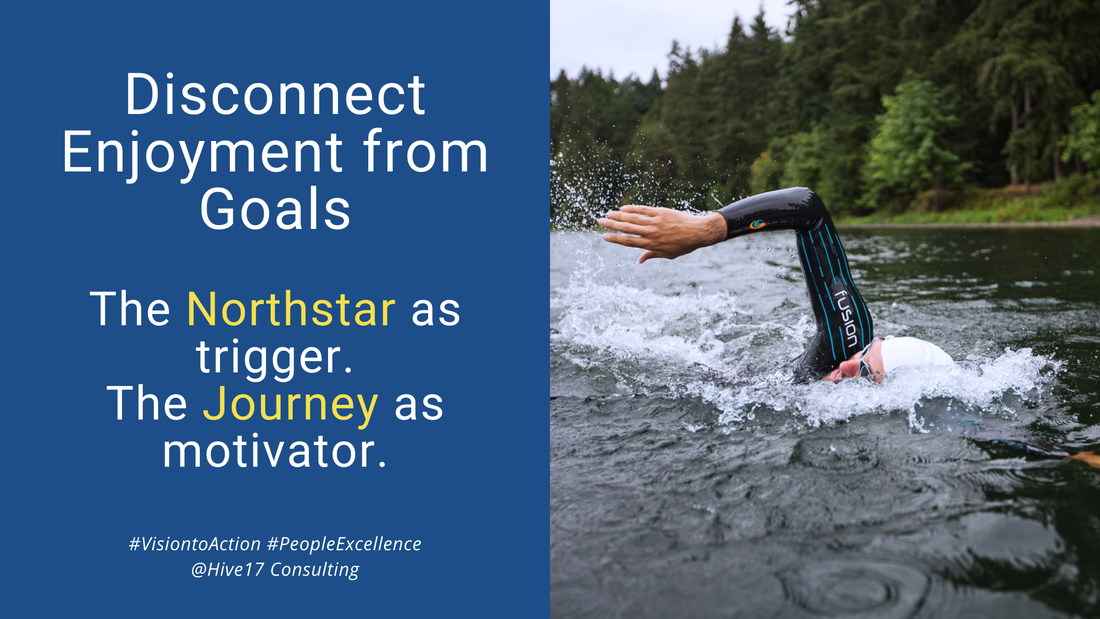
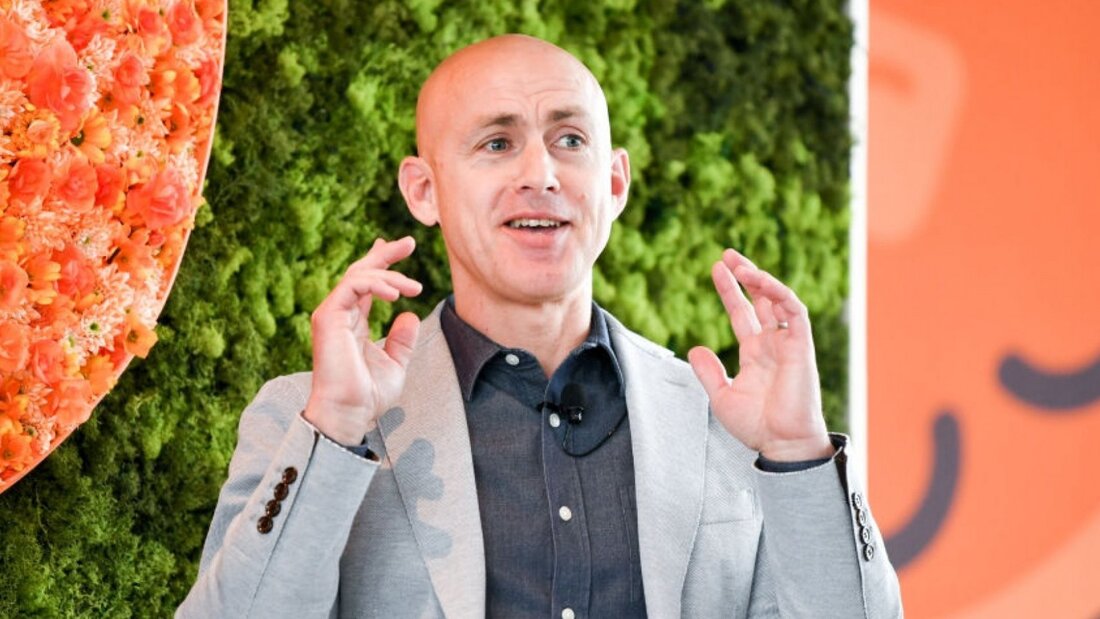
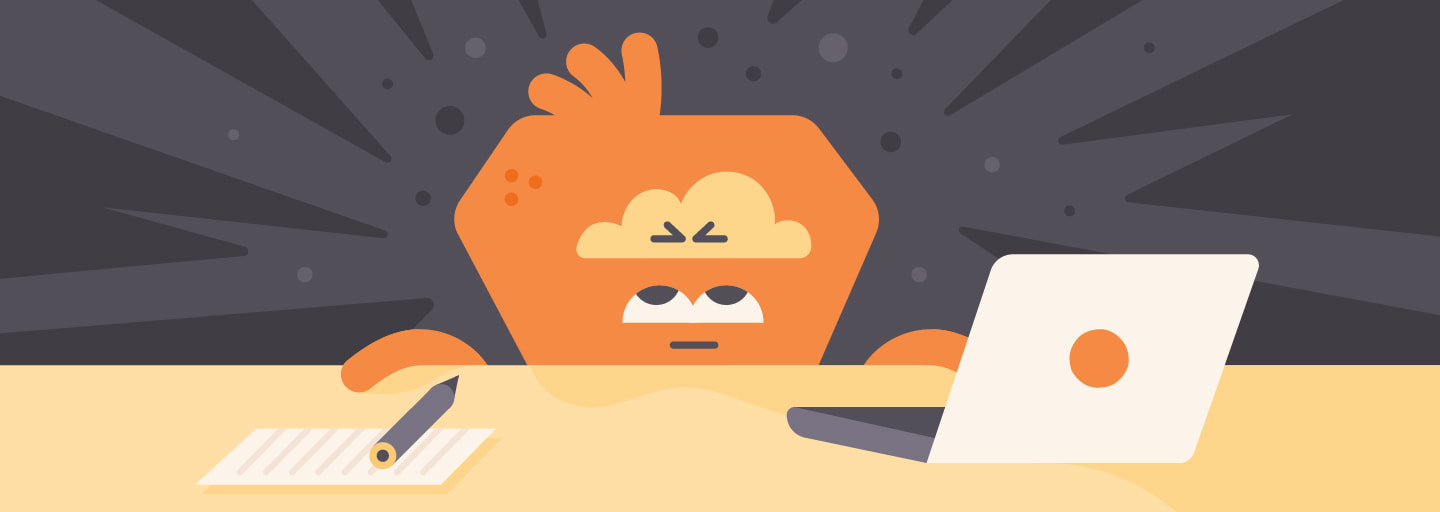

 RSS Feed
RSS Feed